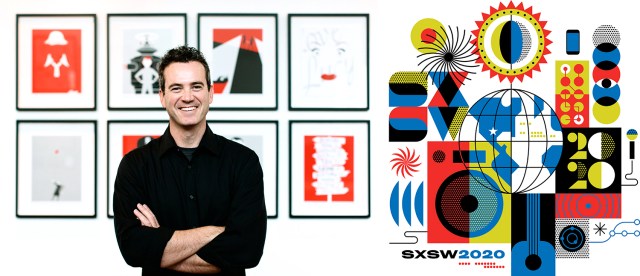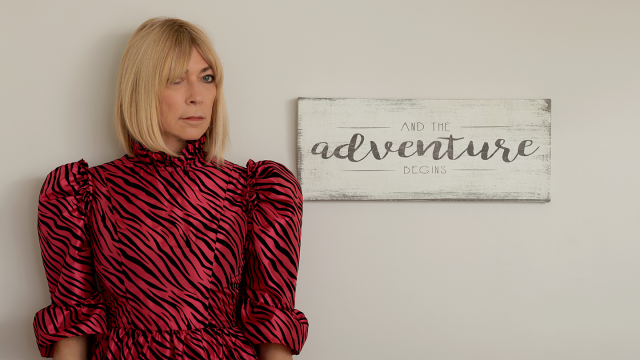"It has really profound implications, because as human beings, we now have the ability to control our own evolution. We can make changes to our own DNA that will be inherited by future generations."
Jennifer Doudna, Ph.D is a coinventor of CRISPR-Cas9, a process that has revolutionized gene editing. She is a professor of molecular and cell biology and chemistry at the University of California, Berkeley, where she holds the Li Ka Shing Chancellor’s Chair in Biomedical and Health Sciences, and is a Howard Hughes Medical Institute investigator. She has received numerous honors and is an elected member of the National Academy of Sciences, the National Academy of Medicine, and the National Academy of Inventors, and a Foreign Member of the Royal Society. She was also named one of Time magazine’s 100 most influential people in the world in 2015.
In her SXSW 2017 Keynote presentation, she explained CRISPRs, pronounced krisp-ers, the acronym she uses for “Clusters of Regularly Interspaced Short Palindromic Repeats,” and discussed the various applications, specifically regarding potential treatment for sickle-cell disease, as well as cancer, and related ethical issues associated with the CRISPR-Cas9 process.



